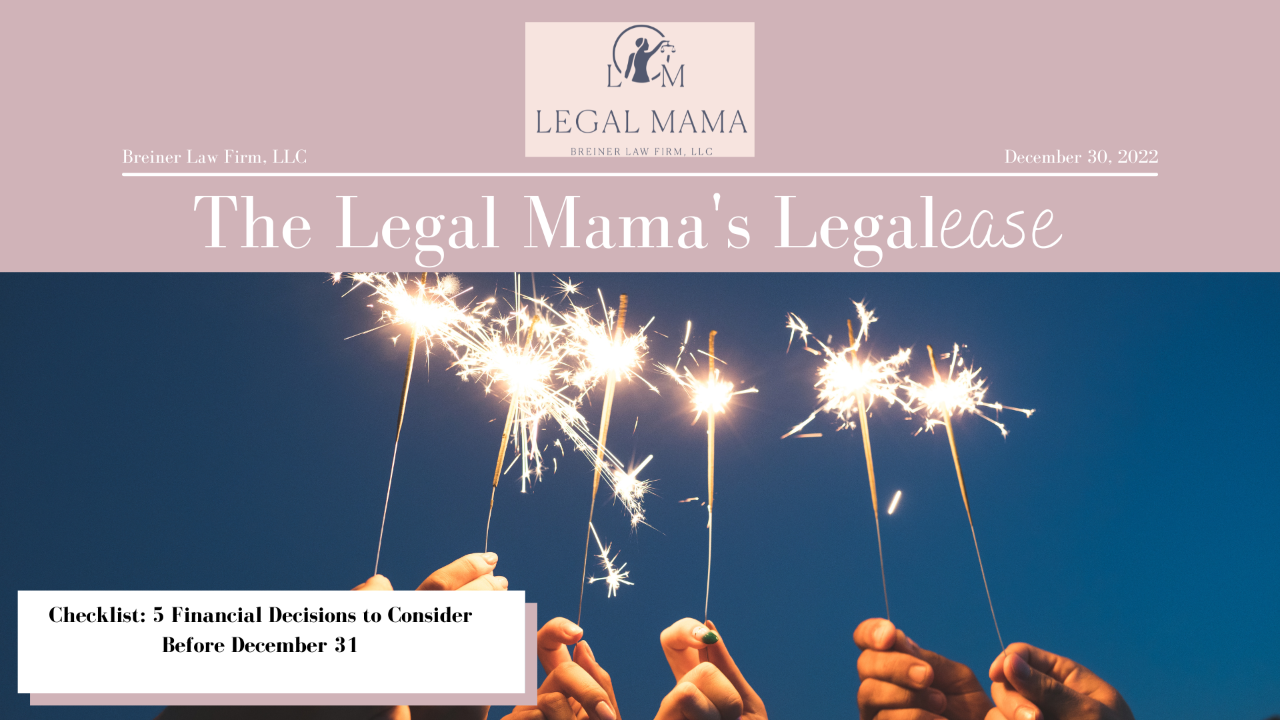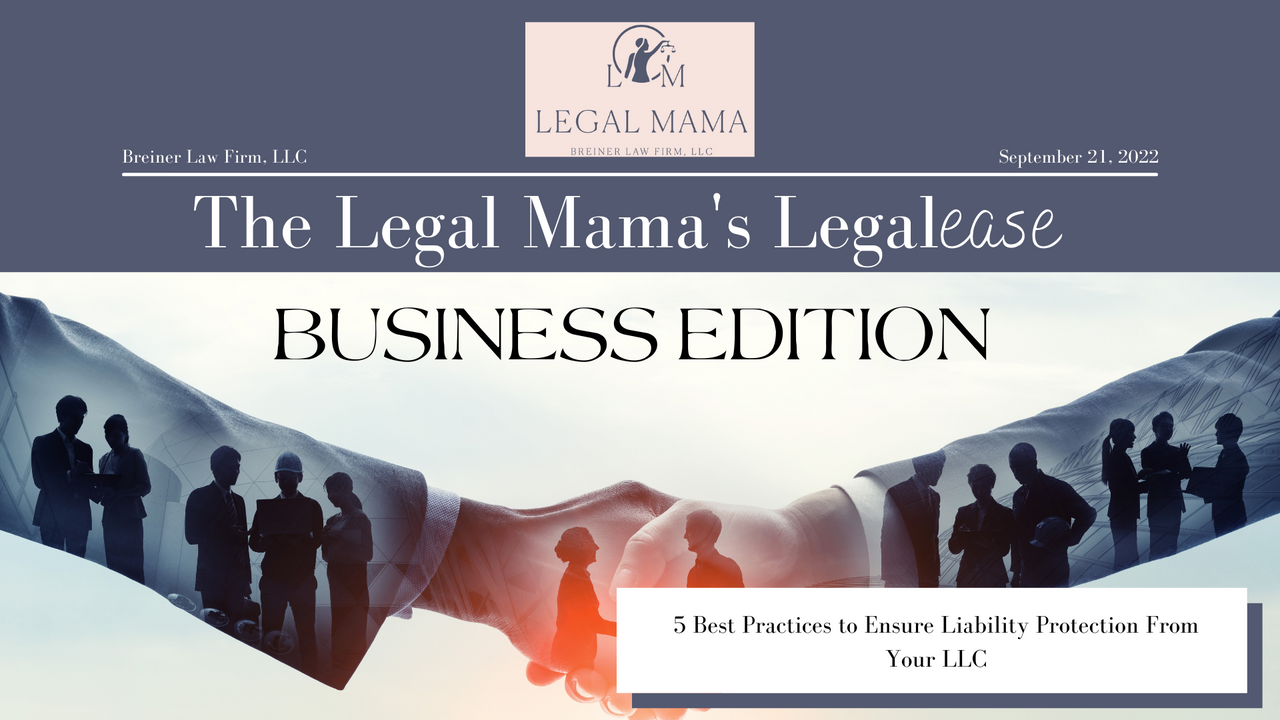What’s new in the blog?
..............
Why Every Adult Needs A Living Will
Jan 19, 2023
Creditors And Your Estate Plan
Jan 11, 2023
How Will A Recession Affect Your Family?
Dec 01, 2022
Pondering Parent Q & A
Oct 21, 2022
Protect Your Aging Loved Ones From Undue Influence
Oct 13, 2022













